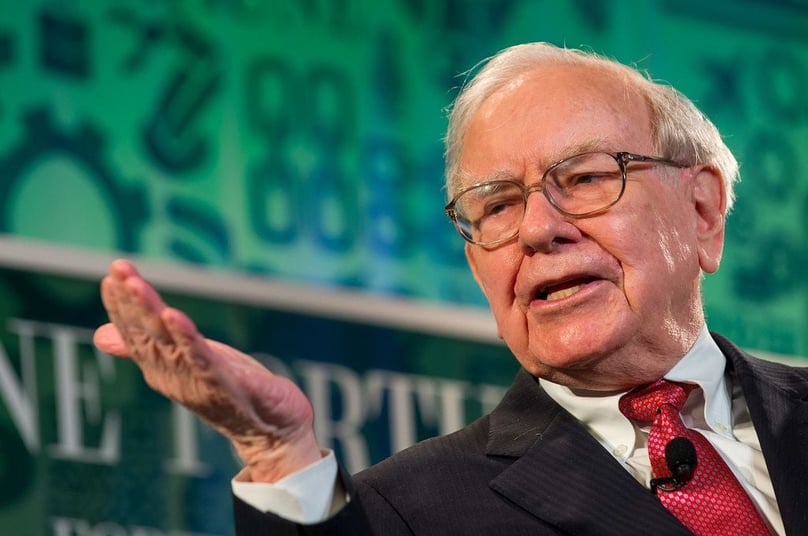Warren Buffett, the genius behind Berkshire Hathaway Inc.'s success, attributes his brilliant investment strategy not to complexity, but to discipline. In a letter to Berkshire Hathaway shareholders in 1996, he explained that successful investing doesn't require expertise in many or all companies. Instead, it's about understanding how to evaluate companies within one's circle of competence. Recognizing the limits of this circle is crucial, according to Buffett.
Buffett's winning formula is simple: Be capable of accurately assessing selected businesses. He advocates for long-term investments in businesses that, acquired at a reasonable price, are guaranteed to see significant growth in earnings over the years. This approach explains Buffett's choice to bet on companies like Coca-Cola when others were skeptical and his long-standing loyalty to See’s Candies.
His method doesn't entail undue caution or inhibition from investing but rather promotes focus on the business model and its significance, ensuring a thorough understanding before investing. This tactic prevents rash decisions leading to problematic portfolios.
For novice investors, applying Buffett's rule implies an honest assessment of their knowledge about certain industries, products, or services - a familiarity gained through work, hobbies, or lifelong interests. Investments should be made in companies where they comprehend the business model, customer base, and the long-term positioning of the business.
Buffett emphasizes the importance of cost control and strong leadership over chasing trends or being swayed by showy figures. The example of Apple Inc. elucidates Buffett's strategy; despite initial resistance due to the unfamiliar tech territory, he penetrated the sector once he realized the company's customer loyalty and enduring brand appeal.
Furthermore, Buffett introduced the concept of a company's 'moat', symbolic of its competitive benefits that shield it from competitors. His 'circle of competence' rule inspires investment in recognizable fields without the pressure of predicting the future; instead, it champions the acknowledgement of one's investment strengths.
This principle of investing within one's area of understanding assists investors in sidestepping hype, concentrating on fundamental business aspects, and carrying out disciplined and confident investment decisions. As underlined by Buffett and concurred by other experts, success doesn't stem from knowing everything, but from identifying areas of ignorance.

